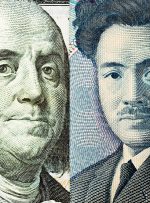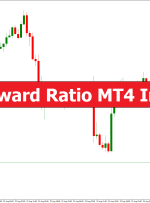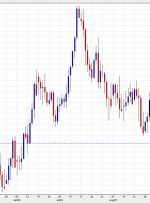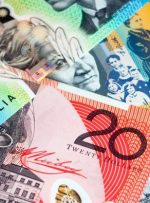
© Reuters. A view shows Lebanon’s Central Bank building in Beirut, Lebanon August 25, 2023. REUTERS/Mohamed Azakir/File photo By Maya Gebeily BEIRUT (Reuters) – Lebanon’s central bank will restrict access to a new currency exchange platform set to launch within weeks to ensure U.S. dollars traded on the system are coming from “legitimate sources”, one













